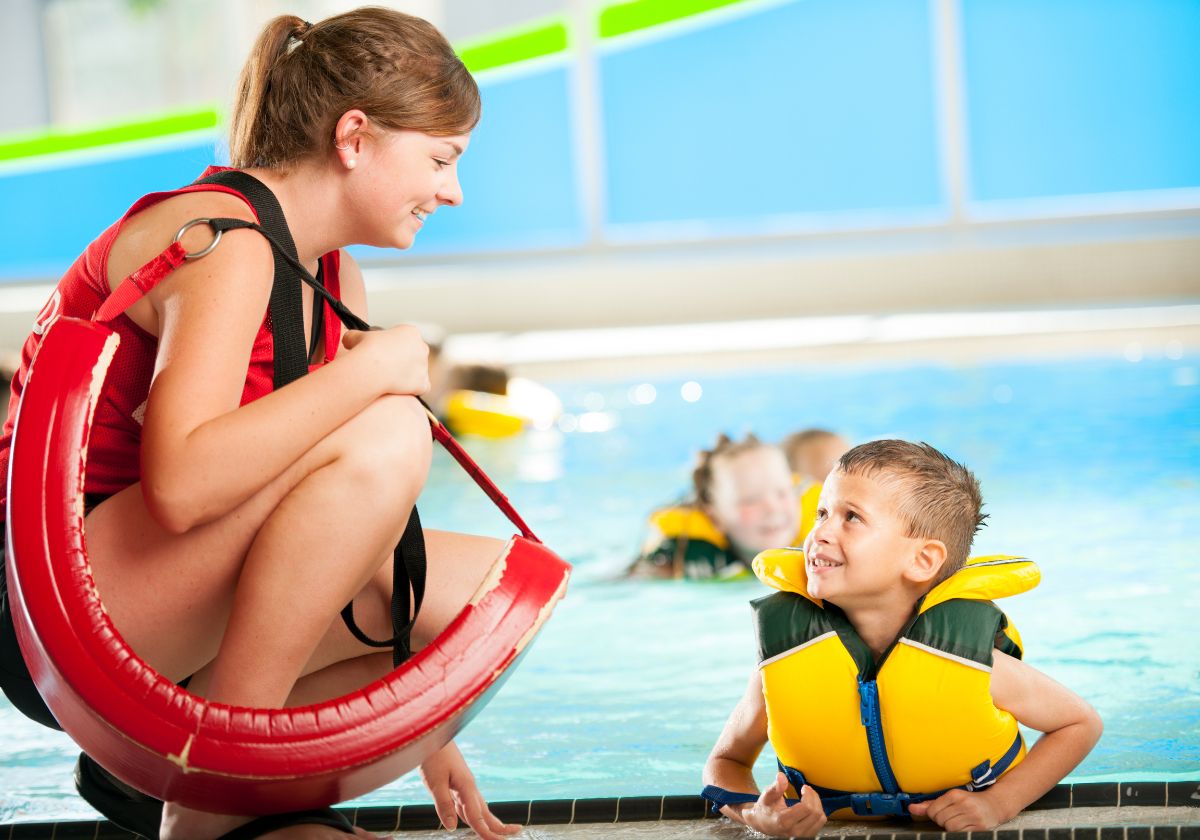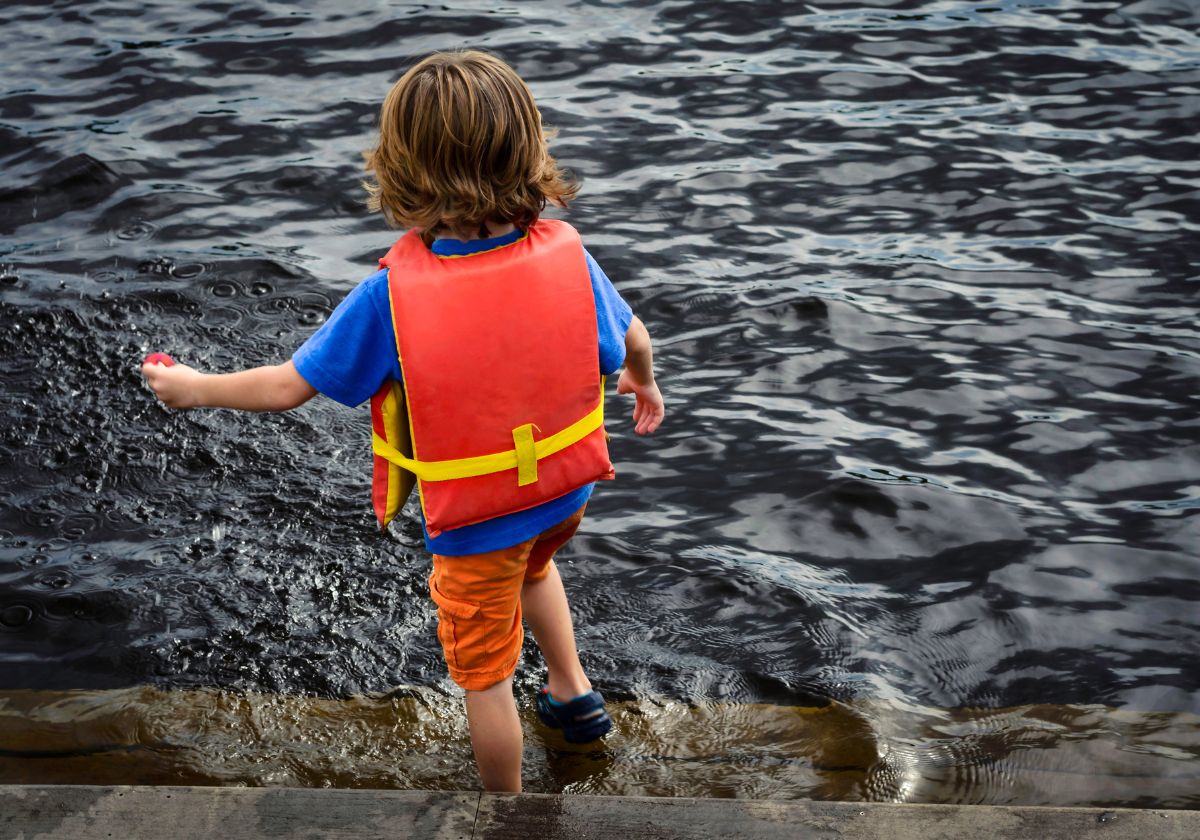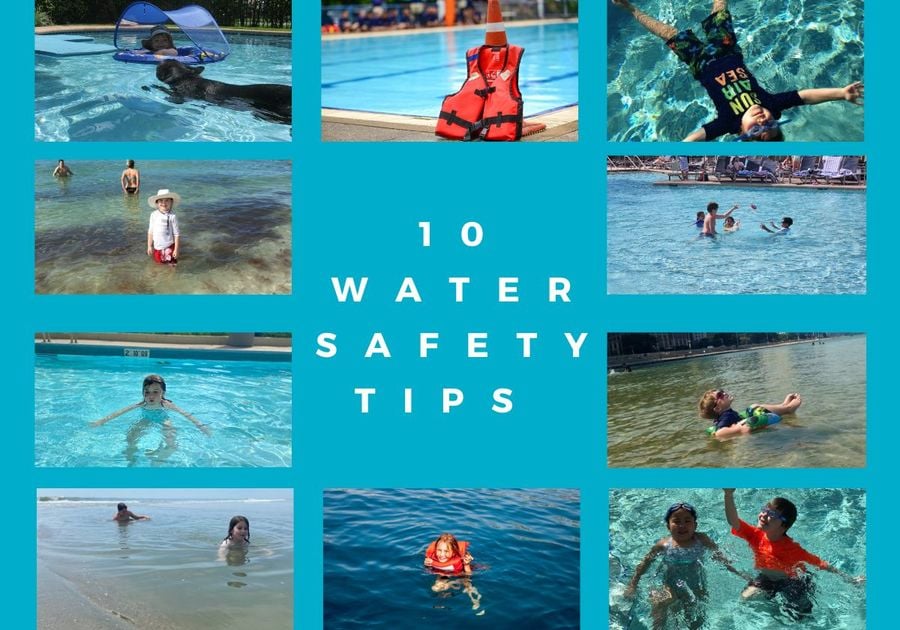Many families look forward to spending time near pools, beaches, or lakes as summer approaches. While water activities can be enjoyable and refreshing, it's crucial for parents to prioritize water safety to protect their children from potential risks. Here are ten essential water safety tips that every parent should keep in mind to ensure a fun and safe water experience for their little ones.
Supervision is Key: Always supervise your children when they are in or around water. Never leave them unattended, even for a moment. Designate a responsible adult as the "Water Watcher" who keeps their full attention on the children in the water.
Learn CPR: Take the time to learn CPR (cardiopulmonary resuscitation). Knowing this life-saving technique can make a significant difference in case of an emergency. Many community centers and organizations offer CPR courses specifically tailored for parents and caregivers.
Teach Swimming Skills: Enroll your children in swimming lessons taught by certified instructors. Basic swimming skills provide an added layer of protection and can significantly reduce the risk of drowning. However, remember that swimming lessons are not a substitute for constant supervision.
 |
Encourage Life Jacket Usage: Ensure your child wears an appropriate-fitting life jacket when participating in water activities, especially if they are not strong swimmers. Inflatable toys and other floating devices are not a substitute for a U.S. Coast Guard-approved life jacket.
Secure Pool Barriers: Check for proper barriers around a home or private pool, such as fences with self-closing and self-latching gates. These measures help prevent unauthorized access to the pool area and reduce the risk of accidental drowning.
Educate about Water Rules: Teach your children about water safety rules and enforce them consistently. Make sure they understand the importance of not running near pools, jumping on others, or pushing others into the water. Reinforcing these rules creates a safe environment for everyone.
 |
Be Mindful of Hazards: Be aware of potential water hazards in the surrounding environment. Teach your children to avoid swimming in unfamiliar or unsafe areas such as deep water, fast-flowing rivers, or areas with strong currents.
Sun Protection: While not directly related to water safety, sun protection is crucial when spending time near water. Apply and reapply sunscreen on your child's exposed skin, provide them with protective clothing, and encourage the use of wide-brimmed hats and sunglasses.
Stay Hydrated: Remind your children to drink plenty of fluids, even if they are surrounded by water. Dehydration can occur quickly, especially during hot summer days, and can lead to fatigue, dizziness, and other complications.
Lead by Example: Finally, be a positive role model by practicing safe water habits yourself. Show your children the importance of following water safety guidelines, wearing life jackets when appropriate, and respecting the water environment.
Water safety is a paramount concern for parents, especially during the summer months. Implementing these ten tips can help ensure a safe and enjoyable water experience for your children. Remember, constant supervision, proper education, and responsible behavior are the key ingredients for a summer filled with cherished memories and peace of mind.



